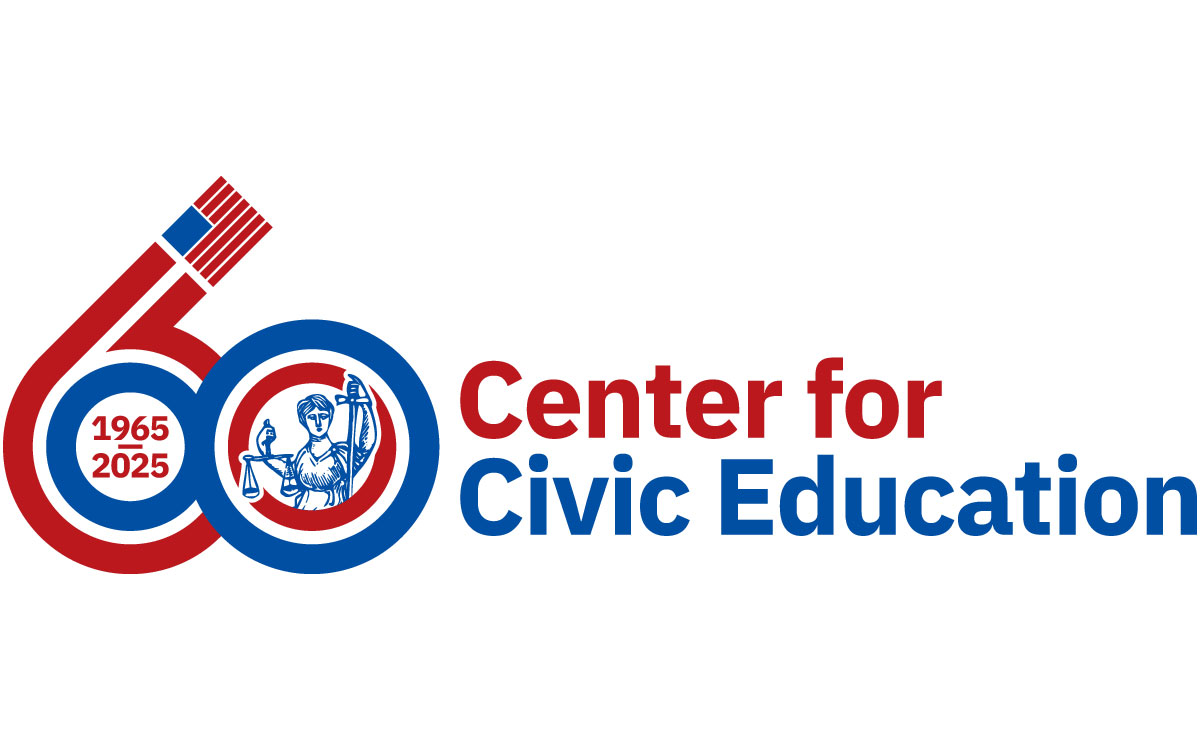The Vital Connection Between Education, Democracy, and Stewardship
 Kevin Wasden
·
2 minute read
Kevin Wasden
·
2 minute read
Far and wide, the United States is regarded as a prime example of democracy – or more specifically a constitutional federal republic that incorporates democratic elements. At the heart of this type of government lies the right of all citizens to select their representatives and to play an integral role in the country’s decision-making process. As Abraham Lincoln famously proclaimed, this form of governance is "the government of the people, by the people, for the people," and thus, should be safeguarded at all costs.
Education is the cornerstone of a thriving democracy. As educators, it is important that we teach our students about their constitutional rights and civic responsibilities, and provide them with the necessary knowledge and skills to engage in the democratic process. Students need to learn to write compelling arguments, support claims with evidence, think critically, collaborate successfully, and work toward the common good. This paves the way for active civic engagement. In short, education and democracy are mutually reinforcing, and the success of one is intimately linked to the success of the other.
Stewardship
Dr. Kevin Colleary, adjunct professor at Fordham University’s Graduate School of Education in New York, writes, “Fewer individuals seem to understand or appreciate our responsibility to others and to how every citizen has a role to play in making our communities, cities, states, nation, and world a better place” (Colleary, K. (2022). In Ensuring a better future: Why social studies matters (p. 38). essay, Gibbs Smith Education).
As citizens, we should recognize that we share responsibility for the well being of the people, places, and values within our communities, a term we call stewardship. To be a steward of democratic ideals means to preserve and promote the principles of democratic governance. It involves actively participating in democratic processes, such as voting, engaging in public debates, and advocating for policies that promote freedom, equality, justice, and human rights. Education enables effective stewardship.
Being a steward of democracy requires a commitment to the common good, a willingness to engage in constructive dialogue and compromise, and a respect for the diversity of perspectives and opinions. We have a responsibility to be mindful of the impact of our decisions on our environment, our economy, and our social fabric.
To reiterate, democracy empowers us to shape our future, and stewardship is about using that power wisely. When these two concepts come together, they create an effective cycle of civic engagement and responsible leadership. We all have a shared responsibility to embrace our roles as citizens and stewards, and collaborate to build a fair and just future for ourselves and future generations.
Gibbs Smith Education: Supporting Education, Democracy, and Stewardship
At Gibbs Smith Education, our products and services are deeply rooted in these core principles of education, democracy, and stewardship. Our mission is to provide schools, educators, and students with the tools necessary to foster a deep knowledge and appreciation of the rights and responsibilities of US citizens, which is essential for maintaining a thriving democracy.
Through this new blog, we hope to offer valuable insights, strategies, and examples that can support and empower educators in their efforts to cultivate a caring and informed citizenship both inside and outside of the classroom. We believe that by working together and sharing our experiences, we can help to promote a culture of democracy and stewardship that will benefit our nation for generations to come.



